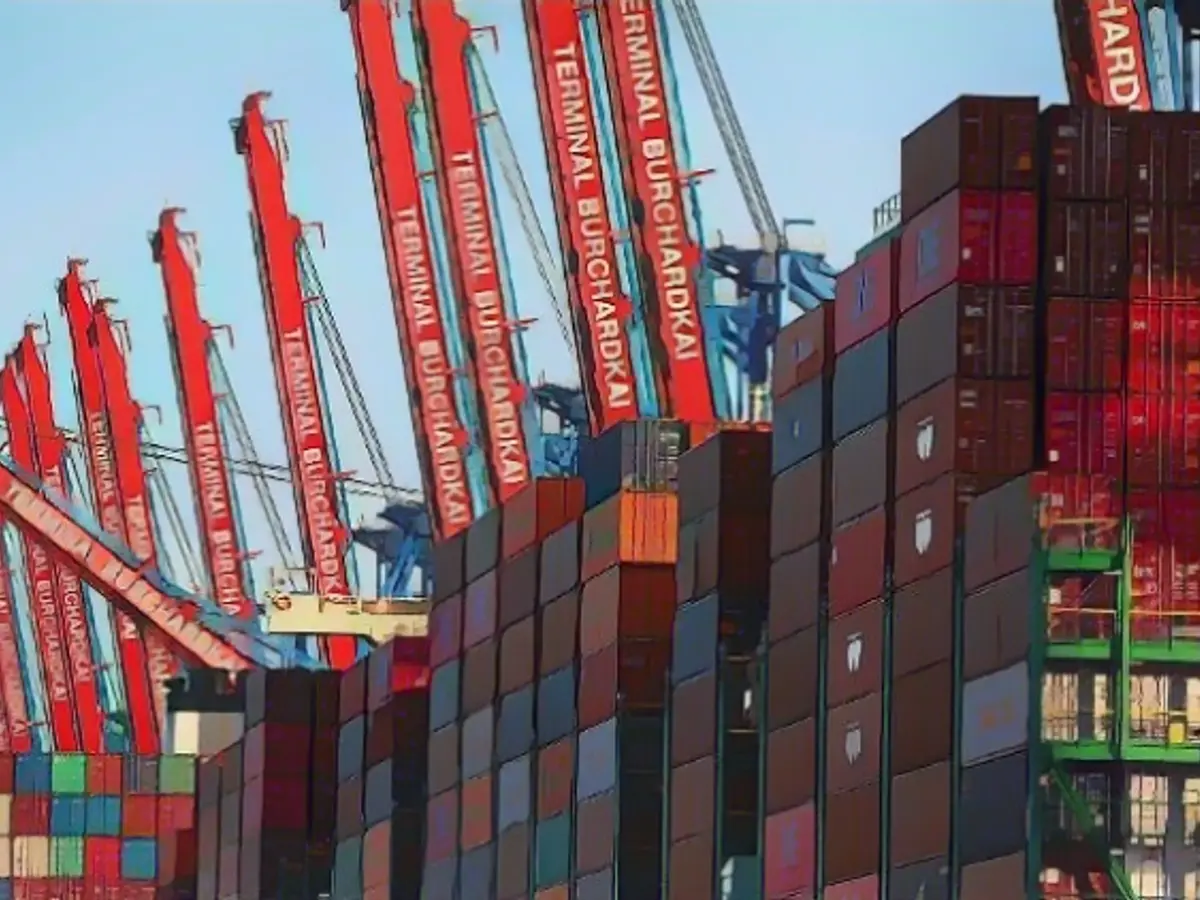"Wüst Wants to Move Asylum Talks Beyond Europe's Borders"
NDW Minister President Hendrik Wüst (CDU) is pushing for discussions on asylum procedures outside of Europe, suggesting a UN-backed initiative where asylum seekers could be safely housed in African countries. This idea, however, raises questions regarding feasibility and legality, as willing third countries must be found along refugee routes.
At a meeting with federal and state governments, Wüst called for an end to fatalities in the Mediterranean while expressing support for discussing asylum procedures beyond European borders. The UN could provide a legal framework, ensuring safe accommodations for refugees in Africa. Successful applicants could be granted entry to Europe, curtailing the dangerous journey to the Mediterranean.
Feasibility and Potential Benefits
Some countries within the EU have already demonstrated a willingness to externalize asylum responsibilities. For instance, the European Commission has proposed establishing deportation centers or "return hubs" in various locations, including some African states [1]. These agreements could bring economic and political benefits to participating countries, as shown in cases like Tunisia, Morocco, and Turkey [1].
Legal Challenges and Human Rights Concerns
Although feasible in theory, the proposal faces significant legal and human rights challenges. European governments must first locate willing third countries that agree to accept asylum centers and abide by EU standards [1]. Human rights concerns, including guarantees of fair procedures and legal representation, must also be addressed [1].
The Role of the UN and Practical Challenges
It is unclear if these proposals would elicit UN involvement, as the UN typically plays no direct role in EU migration policies. Nevertheless, UN supervision could be crucial in promoting international human rights standards. Political readiness and the provision of legal recourse remain essential to the success of such agreements.
In conclusion, while Wüst's proposal to explore asylum procedures outside Europe, specifically in African countries, is feasible from a political and potential benefits standpoint, numerous legal, human rights, and practical challenges must be addressed. The involvement of the UN in supervising these arrangements could further ensure compliance with global human rights standards.
[Enrichment Data:
Although not explicitly mentioned in the provided sources, the United Nations' involvement in overseeing such arrangements could be crucial to ensure adherence to international human rights standards. Numerous legal and practical challenges must be considered, including the readiness of third countries, the provision of legal recourse, and ensuring compliance with human rights standards. The externalization of asylum responsibilities has the potential to offer economic, political, and logistical benefits to participating countries. However, it is also a contentious issue due to human rights concerns and complexities in international law.
]
Sources:
[1] European Commission. (n.d.). Asylum and migration: The external dimension of EU asylum and migration policy. Retrieved from







